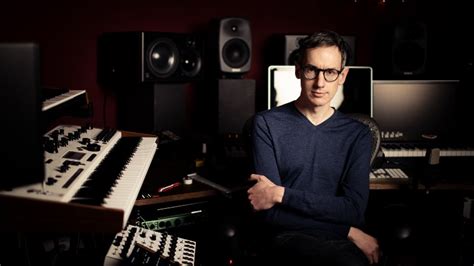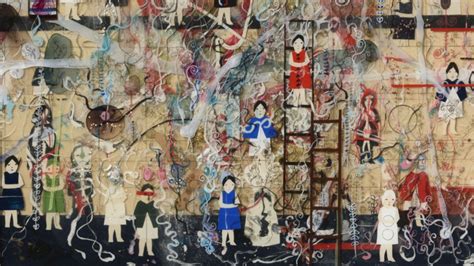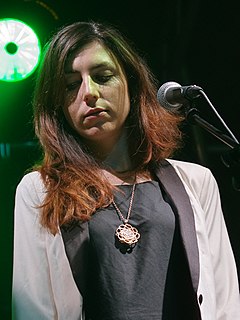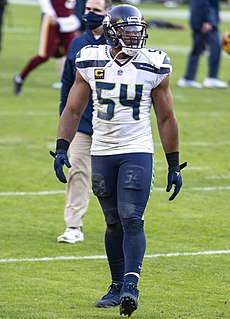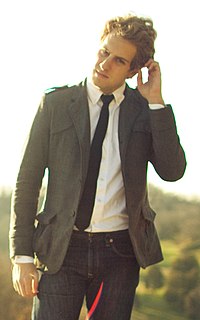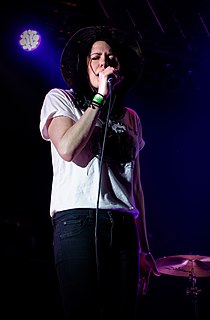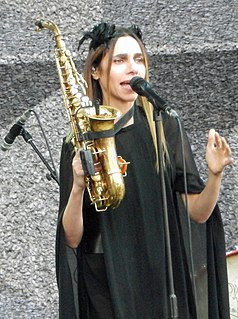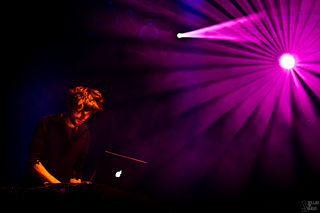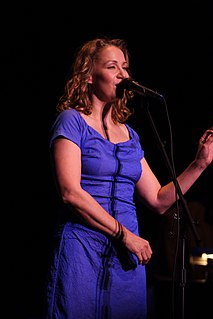A Quote by Steven Price
A lot of the music editing job is communication and working out what a director really wants the music to be.
Related Quotes
When I was working on 'To Pimp A Butterfly' and 'DAMN.,' I'm really making music for Kendrick. It's a different mindset than when I'm making music for me. I'm trying to get into his head and figure out what he wants because it's his vision. That's what I expect from people when they're playing on my records.
To me, art and music inform each other continually, and when I was making more music there was an overall aesthetic that was shared by both mediums. Now I always listen to music when I work, so when I am working a lot, that is when I start searching out new music and finding new things to get excited about.
When I'm in the studio, I write the music, I play the different instruments, I produce it, I arrange it, and it's a self-indulgent exercise. It's the way I make my music. And when I'm acting, I get to leave myself behind, which is a relief. I get to collaborate with a director; I respect the director's medium and all the actors and actresses. So at the end of the day, it's about a character and it's about a director's vision. It's a really good balance for being so intense and alone in my personal process of making music.
Music is where I have the most creative freedom, but I love producing. To me, that's kind of where all the action is. You get a chance to have your hands in every aspect of a film. From picking a director, sometimes picking a writer, to the actors, the wardrobe, set design, editing, music, and marketing.
A lot of Utah State when I was there, there was a lot of California guys. So, you get a lot of Cali music, you got a lot of dance music, I think the Jerk was popular back then. It was a lot of the music that you can dance to with your teammates. A lot of hip-hop, rap, R&B, it was really fun. It was live in there.
When I was growing up, I wasn't in bands, and had really no intention of ever doing music. I went out to California for college, and kind of on a whim started making music really as a joke, and over the course of the next five years started playing a lot of shows, and music became this really integral part of my identity.
I realized a lot of my friends were going to nightclubs and listening to house music. I was hanging out with them and going to clubs as well but I didn't really understand that kind of music. I was listening to country music and was heavily into Hank Williams, bluegrass, and Bob Dylan. So I just decided I really needed to understand what this music I was hearing in the clubs was all about.
If you listen to soul music, or R&B music, or Blues music, a lot of that came from church music and spiritual music, and music has always been a really really powerful tool that people have used to get them closer to God - whatever they define God as. And for me that's always been part of what drew me to it and keeps me coming back for more.
